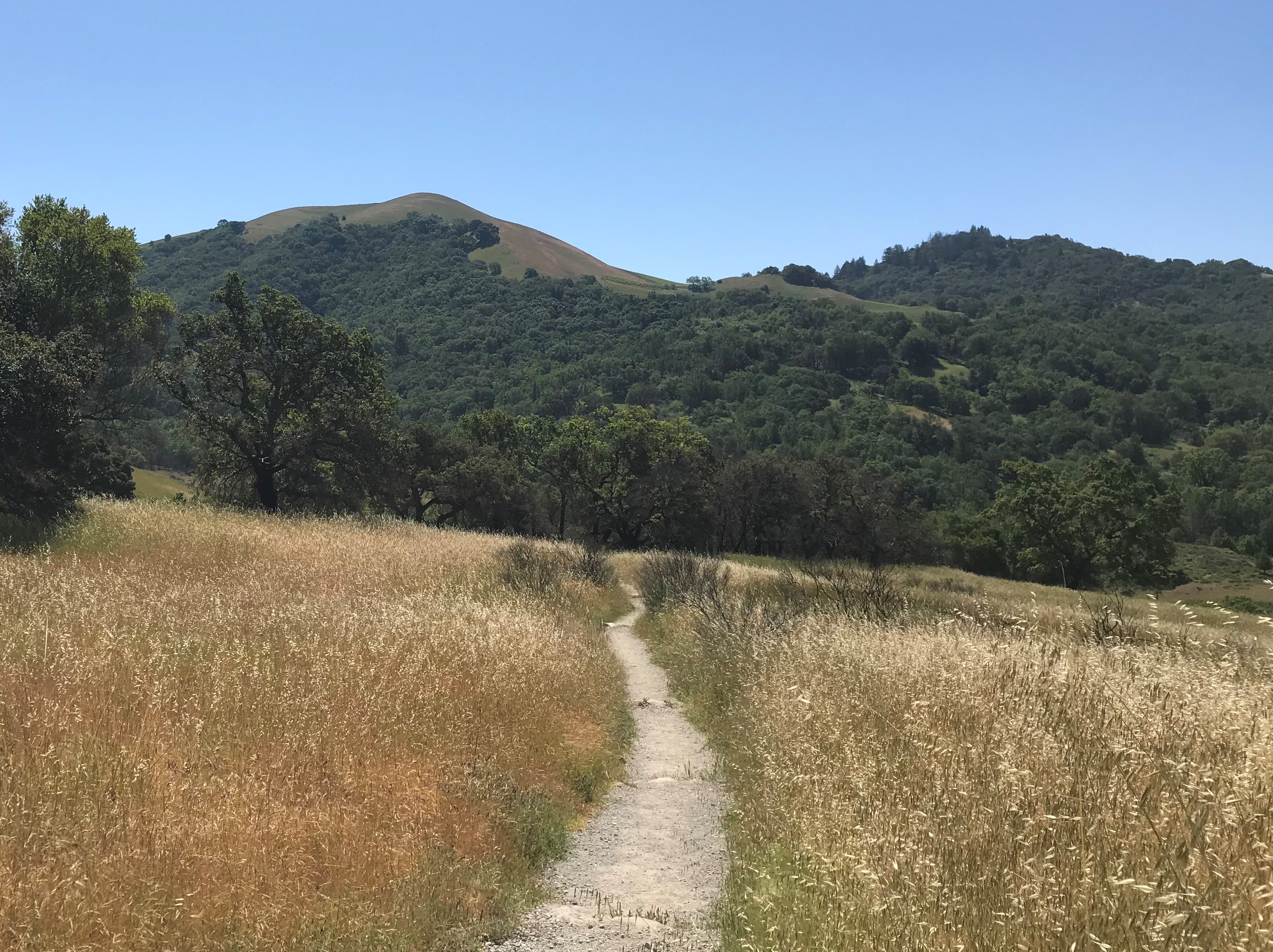The whole context of this section is to illuminate the reader with information based on our experiences that will either assist in avoiding issues, or knowing how to work through an issue while on your journey.
Avoiding an issue could be as simple as something like checking your passport ahead of time. This ensures it does not expire before you get back, or even though it expires a few days after your planned trip. Most countries you’re headed to requires 3 months beyond your stay before your passport expires. Good news/bad news in the case of both of the preceeding situations, you will not be allowed out of the US before you even leave.
Or even worse, checking to make sure your passport isn’t already expired…
Unless you’re the completely “wing it” type (which is not advisable for most), it’s always advantageous to do at least some upfront research. Particularly about locations and accommodations. Of course, if you are the “wing it” type, you just need to understand the dynamics of that style of traveling.
Either way, it’s like putting together all the puzzle pieces that maximize our journey experience. It’s your choice whether you tackle a big puzzle (“wing it”) or you pick the smaller puzzle (hiring a travel agent to do most of the puzzle for you).
Planning
Planning alleviates a lot of potential stress when traveling. This can be incredibly advantageous, particularly when you find yourself in new situations, in new places. This next statement may seem intuitively obvious:
The more you plan, the better you get at it, and the less you’re stressed out by planning your journey.
Your planning may consist solely of picking the dates and the travel agent. Or it may be working through every little detail on your own. Not just the destination along with airfare, hotels/BnBs, and ground transportation. There’s also tours, sites to visit, restaurants, window shopping, and the day to day scheduling from start to finish. Quite frankly, we don’t recommend too much minutia. For the simple reason that either things will change organically, or you may want them to change.
Flexibility
Along those lines, flexibility becomes integral for every journey you take. While in Italy, they had a train strike. Fortunately not when we needed to travel, but if it was, we would’ve been forced to rent a car instead to get to our new destination. Or, see if we could stay another night at the current accommodation and gamble the strike would be over the next day.
Flexibility is not always easy to manage. Depending on the situation, it get pretty interesting. Especially if you’re in a country whose language you aren’t familiar with. Or if it’s late at night.
Anything can happen, so it’s good to be prepared.
It’s paramount to understand that things will almost assuredly not go perfectly as planned or expected. So you need to be ready to react appropriately (not freak out) and adjust as needed. Sounds way more difficult than it is, but as an example; the last 4 international trips we have taken, we have had to book new hotel/BnB accomodations on the fly because something didn’t work out. One of those trips (Argentina) we actually left on a 16 day trip without having anywhere to stay for two of those nights.
